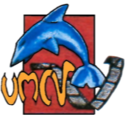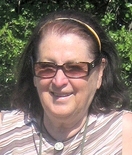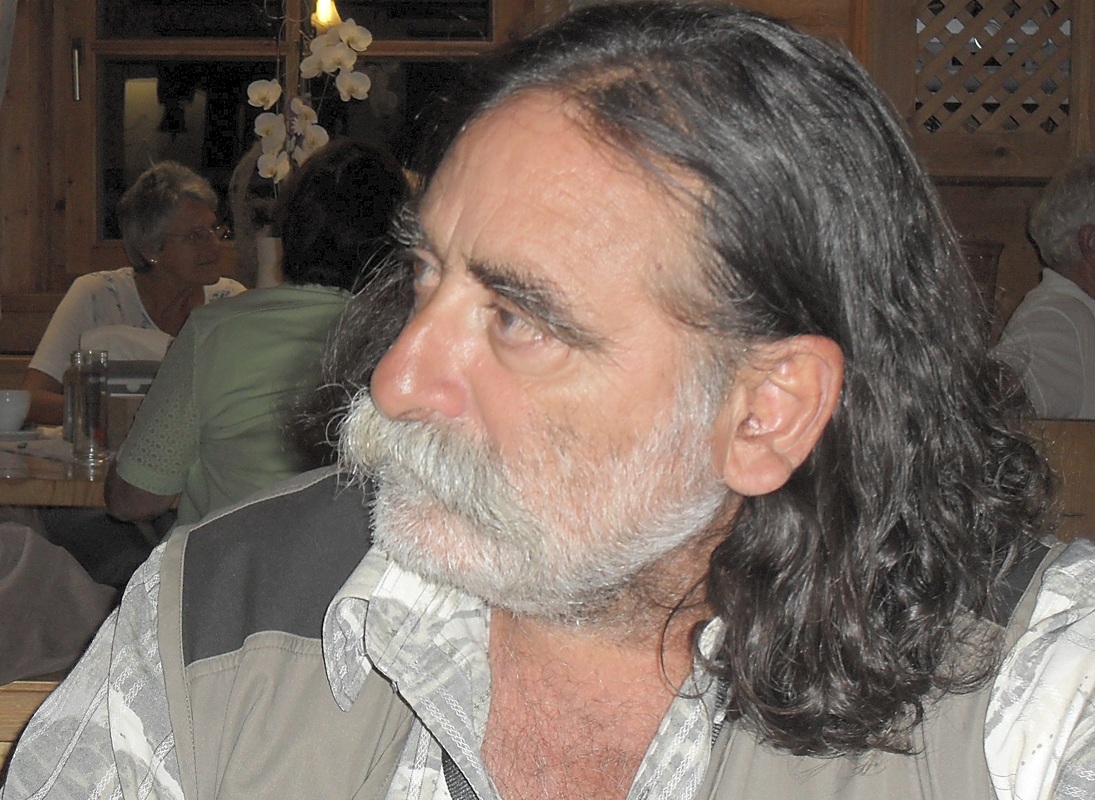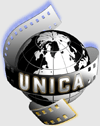Macedonian and French non-professional filmmakers
Mitze Chapovsky explains how the idea of twinning arose.
|
It was back in October 2012, right after the UNICA Congress
in Rousse, Bulgaria, when my dear friend and filmmaker, Daniel Caracci, sent me an e-mail with a
wonderful idea for twinning of our two cinema organizations - the Mediterranean Union of Cinema and
Video (Union Mediterranéenne de Cinéma et Vidéo) and the Cinema Association of Macedonia
(Kino sojuz na Makedonija).
Honestly, I was thrilled by the idea, especially because such an "offer" came from a country that has a long-established filmmaking history with great tradition. |
Straightaway, I informed the General Secretary of our cinema association, Mr. Robert Jankuloski, about this amazing idea, telling him that we were about to become partners with our French film friends and alternative filmmakers!

It was the beginning of 2013 when the partnership became
official. Soon, the two federations started to exchange books, films, magazines, giving the twinning the
right sense of cooperation. The first official meeting between the representatives took place at the UNICA
Congress in Fieberbrunn, Austria, in August, 2013. At the meeting, exciting ideas and visions
were shared about future participation in the national and regional festivals, jury memberships, film
screenings and presentations, and even co-productions and mutual work on film. Among the variety of
suggestions and ideas, participation in some of the film events in both of the countries was largely
discussed.
The things that we agreed on then, were the participation of a Macedonian representative on the film festival in Ventabren, France, which took place on May 23-24, 2014, and a screening of selected works from the Cinema Association of Macedonia at the same event.
The things that we agreed on then, were the participation of a Macedonian representative on the film festival in Ventabren, France, which took place on May 23-24, 2014, and a screening of selected works from the Cinema Association of Macedonia at the same event.

As I talk about this cooperation, one may wonder which language of communication these two organizations use? To tell you the truth, even though the French language is one of the three official languages of UNICA, and it is one of the worldwide languages, the current communication is in English. We are all aware of the major influence that the English language has in the world and in the filmmaking, and also its usage in Macedonia, so this informal choice of communication is still valid for us. Talking about communication and correspondence, here, I must express my gratitude to Mrs. Jeanne Glass, who is still translating the official documents, and is the language mediator between the two organizations.

Nevertheless, things are changing!
The Cinema Association of Macedonia, is considering 'switching' the correspondence into French in the near future. First, there are some members who are able to communicate in French, and practice the language in their regular jobs.
Second, me myself, I've been learning French for about a year and a half now, and I’m planning on progressing more. Therefore, as you can see, even with the huge English influence on our Macedonian non-professional filmmaking, there is a place for the French language as well.
The Cinema Association of Macedonia, is considering 'switching' the correspondence into French in the near future. First, there are some members who are able to communicate in French, and practice the language in their regular jobs.
Second, me myself, I've been learning French for about a year and a half now, and I’m planning on progressing more. Therefore, as you can see, even with the huge English influence on our Macedonian non-professional filmmaking, there is a place for the French language as well.
I cannot really talk much about the usage of the language in the Macedonian cinema at large (mainly the professional one), since things are slightly different there. For instance, there are many co-productions with French companies, the Cinematheque of Macedonia is a member of FIAF (International Federation of Film Archives), and the European Film and Theatre Academy (ESRA) in Skopje offers exchange programs with Paris and New York. All of this has an impact on the acceptance and the presence of French language. Yes, things are far from replacing the usage of the English language, but the above mentioned cinema environment is an incentive for many young people to reach for the French language (like myself). We all hope that this practice will continue, and that more people from our association will use the French language in their filmmaking work. Also, we might as well have French filmmakers talking and writing in Macedonian in the near future.
Pourquoi pas?
Pourquoi pas?

